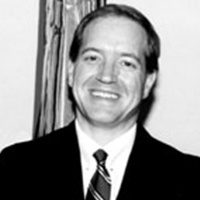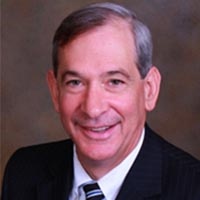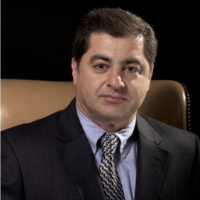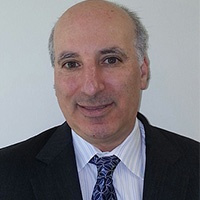Rockville RICO Act Lawyer, Maryland
Sponsored Law Firm
-
 x
x

Click For More Info:
-
Hostage Legal Services
30 Courthouse Sq Ste 305 Rockville, MD 20850» view mapCriminal Defense Law The Experience And Insight You Need
Hostage Legal Services cares about your legal challenges. This comprehensive firm is located in Rockville, MD, and serves clients both statewide and nationally.
800-931-4481
Not enough matches for Rockville RICO Act lawyer.
Below are all Rockville Criminal lawyers.
David C. Gardner
✓ VERIFIEDDavid Gardner is the principal attorney of the Gardner Law Firm. With over thirty five years of experience, he is committed to the successful resoluti... (more)
Lyle M. Farmer
✓ VERIFIEDLyle Farmer is a practicing lawyer in the state of Maryland specializing in Divorce & Family Law. Mr. Farmer received his J.D. from the David A. Clark... (more)
Kathleen Anne Dolan
✓ VERIFIEDAs the other founding partner of Kennedy & Dolan, for the past 20 years Kathleen has honed her legal skills in the area of defense, most usually in cr... (more)
William A Simmons
✓ VERIFIEDWilliam A. Simmons received his J.D. from the George Mason University School of Law in 1982 and received his undergraduate education at Randolph-Macon... (more)
Cameron Niakan
✓ VERIFIEDCameron Niakan is a practicing lawyer in the state of Maryland handling bankruptcy matters.
Kush Arora
Kush Arora is a lawyer in the state of Maryland who focuses on Criminal cases. He has tried cases in the areas of assault, DUI, drug charges, bur... (more)
Andrew Vladimir Jezic
✓ VERIFIEDIn 2022 and 2023, Superlawyers magazine voted Mr. Jezic as one the Top 10 Best Lawyers in all of Maryland (among 40,000 lawyers). From 2016-2021, S... (more)
Mary Paloger
✓ VERIFIEDMary Paloger is a practicing lawyer in the states of District of Columbia and Maryland specializing in Divorce & Family Law. Mary Paloger received her... (more)
Morgan E. Leigh
✓ VERIFIEDPrior to joining Scrofano Law PC, Ms. Leigh was a solo practitioner who specialized in criminal and DUI defense. During her time as a solo practitione... (more)
Ivan Marc Waldman
✓ VERIFIEDWe work diligently to bring each and every client the best results possible. Quite often a favorable resolution is achieved because the opposing attor... (more)
 Christopher Hostage Rockville, MD
Christopher Hostage Rockville, MD AboutHostage Legal Services
AboutHostage Legal Services Practice AreasExpertise
Practice AreasExpertise










